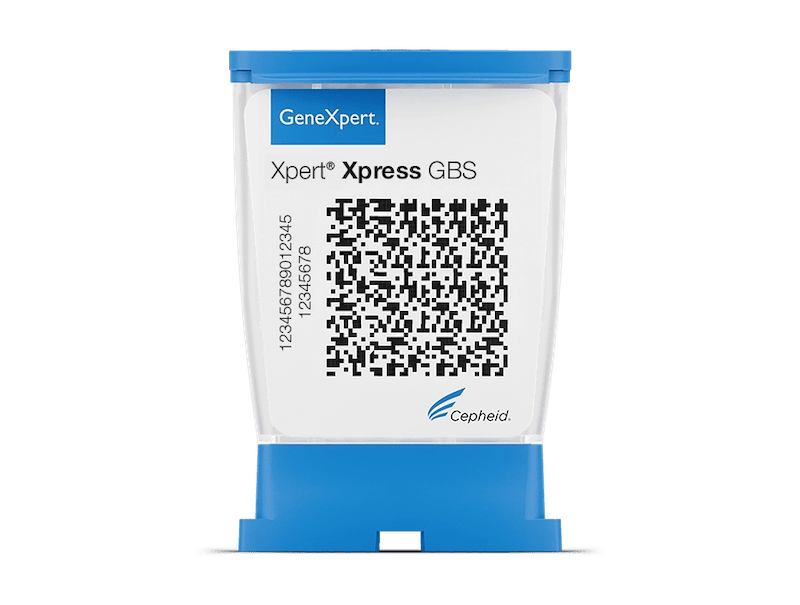Cepheid received clearance from the U.S. Food and Drug Administration (FDA) for Xpert Xpress GBS, a dual-target molecular diagnostic test for the qualitative intrapartum detection of Group B Streptococcus (GBS). This next-generation test incorporates new dual targets in highly-conserved regions of the GBS genome to improve sensitivity and bacterial strain coverage. The test is designed for use on Cepheid’s GeneXpert systems.
Group B Streptococcus (GBS) is the leading cause of newborn infection. The American College of Obstetrics and Gynecology (ACOG) guidelines recommend antepartum (before labor) screening for GBS and intrapartum (during labor) antibiotic prophylaxis for GBS-colonized women, to help decrease early-onset sepsis in newborns due to GBS infection.(1) However, in some places testing rates remain relatively low, leading to unnecessary antibiotics being given to GBS-negative females. Xpert Xpress GBS allows for the use of intrapartum direct PCR testing for women with unknown or unavailable antepartum GBS status.
Further reading: Cepheid’s Multi-Target Test Design Enables Detection of Circulating Influenza Variants
With the capability of returning positive results as early as 30 minutes,(2) Xpert Xpress GBS can provide real-time GBS status and inform decisions about empiric antibiotic prophylaxis if appropriate, to prevent GBS transmission during birth, the company says.
“Up to 50% of colonized mothers may pass a Group B Streptococcus infection to their newborn baby, leading to an increased risk of early-onset neonatal sepsis,(3)” said David Persing, M.D., Ph.D., EVP, Chief Medical and Scientific Officer. “The newly updated Xpert Xpress GBS test enhances gene coverage and provides a rapid and accessible lab-quality result when it is needed most, to help prevent mother-to-child transmission while also advancing antimicrobial stewardship.”
References:
- ACOG Guidelines: Prevention of Group B Streptococcal Early-Onset Disease in Newborns. https://www.acog.org/clinical/clinical-guidance/committee-opinion/articles/2020/02/prevention-of-group-b-streptococcal-early-onset-disease-in-newborns
- With early assay termination for positives only; reporting of negatives in approximately 42 minutes
- Blaser MJ et al., Infant antibiotic exposures and early-life body mass, Int J Obes (Lond). 2013 January ; 37(1): 16–23





